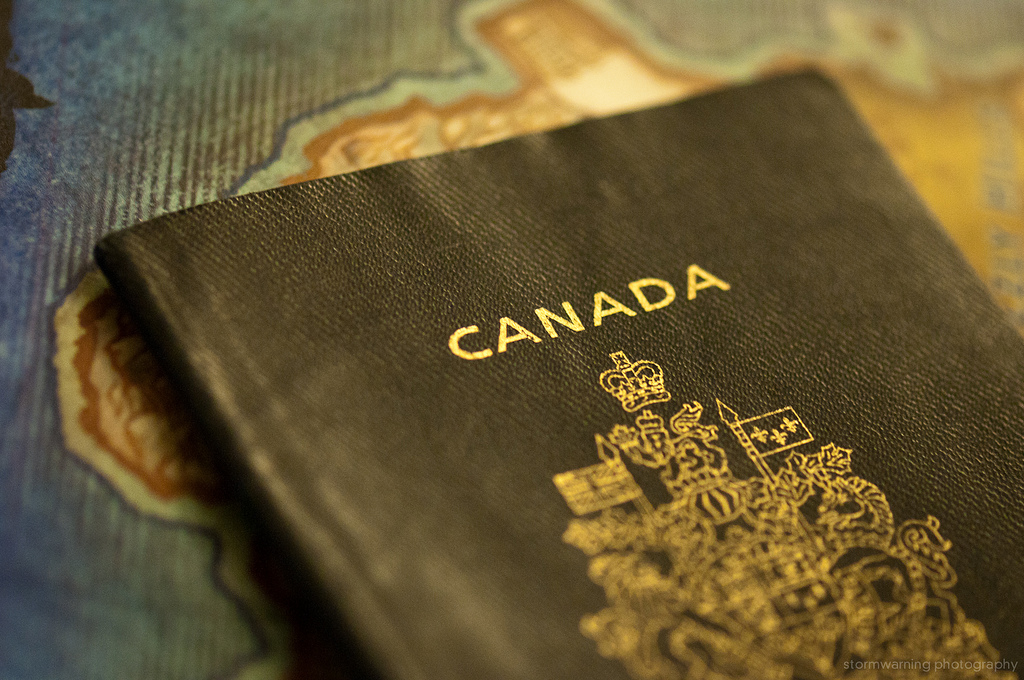Outdated Law Was not Applied Retroactively, Causing Some Canadian Citizenships to be Revoked
Prior to 2009, any second-generation Canadian born outside of the country had to reapply for Canadian citizenship before their 28th birthday. The Canadian government repealed this outdated citizenship law in 2009 but did not make it retroactive. Thus, the law still applied to anyone who missed their birthday deadline prior to the repeal. As a result, there are many Canadians who have lost their citizenship (the so-called “Lost Canadians”) who now fear deportation. For help with the citizenship application process, contact a citizenship lawyer.
Annelise Demos is one of these “Lost Canadians” and a Winnipeg mother of four who recently found out she is no longer a Canadian citizen. She’s now worried about what this could mean for her future. Born in Paraguay, Demos immigrated to Canada with her family in 1980 when she was two years old. She received Canadian citizenship but was one of many who had to reapply for citizenship before turning 28 according to the since-repealed law. Like many, Demos was not aware of this law, and as such missed the application deadline.
When Demos applied for a passport in 2012, her application was denied, and she was asked to complete a proof of citizenship form. After submitting the form, she received a certificate and a letter saying she was a Canadian citizen and could now qualify for a passport.
But six years later, in January 2018, Demos received another letter from Citizenship and Immigration Canada informing her that she is “not entitled to hold a Canadian citizenship certificate.” Demos was asked to return the certificate to the government. Demos is worried about what this means for her family and future and is afraid she may be deported to Paraguay.
Like many “Lost Canadians,” Canada is her only home. Aside from spending the majority of her life in Canada, her family and friends are here, as are her work and family. She must now prove these facts about her life in a plea to the immigration minister, asking that she be granted citizenship due to unusual or special hardship. Records of her entire life in Canada, including records of where she lived and went to school, will be needed as proof for her case.
Her family members, including siblings and cousins, have also faced similar problems, with one case taking three years to resolve, and another resulting in deportation for two months. Out of fear of deportation, Demos plans to keep her citizenship certificate as proof that she is a citizen. This certificate shows that she was recognized as a citizen in 2012, and was granted a Canadian passport.
While immigration officials are aware of these “Lost Canadians” and the hurdles they face, officials have yet to address this possibly life-changing problem. Changes to immigration law are possible, but until then, each person affected must plead their case.
For more information and help with citizenship appeals, contact a citizenship lawyer.
Share this article
Arghavan Gerami
Arghavan Gerami is the Founder and Senior Counsel at Gerami Law Professional Corporation ('PC'), a full-service immigration law firm in Ottawa, Ontario. Since 2011, Ms. Gerami has focused her practice on immigration and refugee litigation. Prior to that, Ms. Gerami worked at the Ministry of Attorney General and the Department of Justice and had the privilege of serving the Honourable Mr. Justice M. Evans at the Federal Court of Appeal on immigration and administrative law appeals. Ms. Gerami contributes to the Immigration Law Section of the Canadian Bar Association, the Canadian Association of Refugee Lawyers, and the United Nations High Commissioner for Refugees. Ms. Gerami has also published numerous journal articles and presented at various immigration and refugee law conferences and events across Canada.

